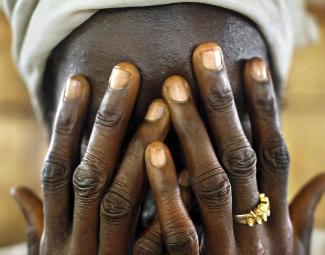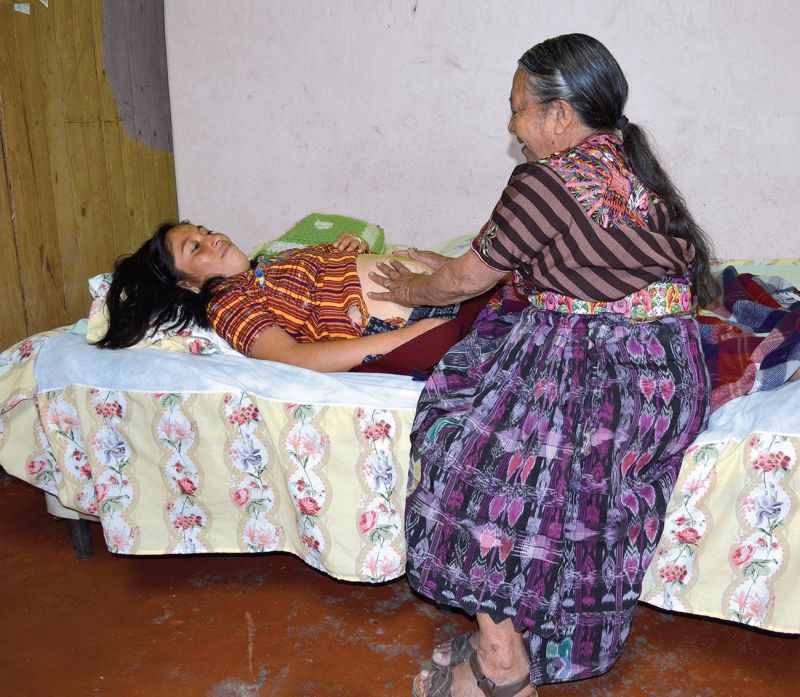Our view
“There is no health without mental health”

In order to be clinically relevant, a mental problem must be associated with suffering, such as physical pain, or with impairment, for example an inability to work. Deviation from social norms in itself is not what matters. Most people are not homosexual, for example, but those who are homosexual are not sick in medical terms. For obvious reasons, their mental health tends to suffer seriously in countries where they are harassed or even persecuted. The situation is much better in more tolerant societies. By contrast, the suffering and impairment of schizophrenics is not rooted in stigmatisation – but their condition often leads to exclusion.
What causes mental disorders is not fully understood. Several factors matter, including genetics, social context, family backgrounds and stress. Even traumatic experiences or severe crises do not necessarily lead to lasting psychological suffering, depending on how resilient affected persons are.
Eating disorders are a good example for cultural determinants. Mostly young women in western societies are affected. Anxiety disorders, however, are particularly common in stressful environments that are marked, for example, by work pressure, poverty, violence or living in crowded urban spaces. Substance abuse, of course, is related to these things too.
Almost everywhere in the world, mental illnesses are taboo. Affected people are said to be victims of witchcraft or possessed by evil spirits. Sometimes, society blames the patients themselves for their condition. Certain mental disorders are accompanied by peculiar or aggressive behaviour. Those who display such behaviour, are likely to encounter hatred, contempt or fear. In many places, common responses to aggressive, uncontrolled behaviour or even severe depression are still electroshocks, beatings or locking up.
Where ghosts and demons, witchcraft and divine punishment serve to explain psychological suffering, people are likely to resort to metaphysical cures as well. For ages, people have depended on traditional healers and spiritual leaders who perform rites, ceremonies and exorcism. Science-based psychiatric methods and psychotherapy are much less practiced in many parts of the world.
Mental disorders are on the rise globally. Usually, they cannot be cured entirely, but therapy is often very helpful. Making it available to those in need should be high on the development agenda. Those who suffer mental illnesses all too often are unable to deal with everyday tasks. They underperform in terms of education, work and social life. The World Health Organization (WHO) states: “There is no health without mental health.” Accordingly, the third Sustainable Development Goal (SDG) about health and wellbeing explicitly includes mental health. Achieving it will require much more work on emerging health priorities such as mental health, according to the WHO.
Katja Dombrowski is member of the editorial team of D+C Development and Cooperation / E+Z Entwicklung und Zusammenarbeit.
euz.editor@dandc.eu










